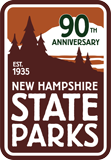By: Christopher Squillante-SCA NH Conservation Corps-Discover the Power of Parks Interpretive Ranger
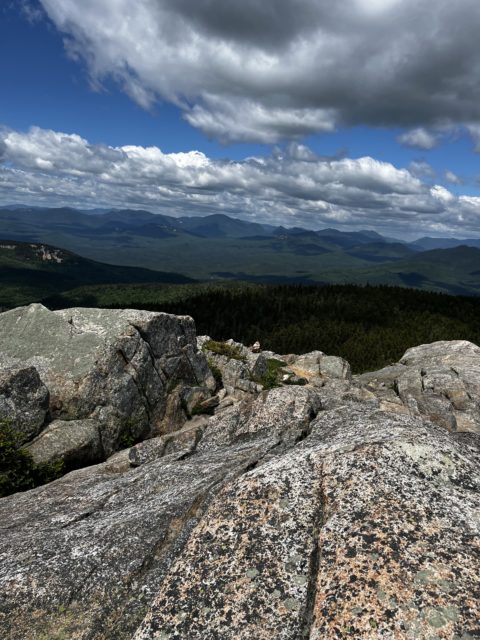
The Fourth of July has come and gone, and our 93 state parks and thousands of acres of green spaces, saw heavy visitor usage. To ensure the longevity of these beautiful spaces, we as recreationists need to minimize the negative impacts that we have when recreating. Learning from Mother Earth can help us accomplish this long-term goal. But, before we begin, lets define the term ’natural’. According to the Oxford dictionary ’natural’ can mean- occurring as a matter of course and without debate; inevitable.
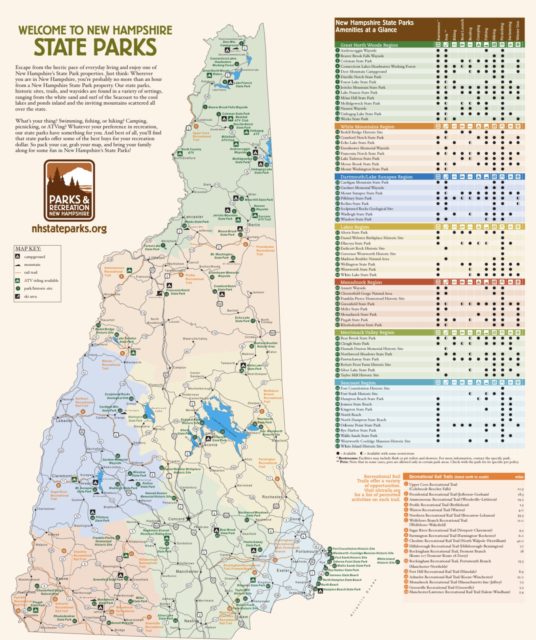
The Earth itself can be seen as a living organism and like all organisms they can only survive when a complex group of systems work together. An inside stimulus that keeps the life form’s bodiy functioning and an outside stimulus that causes those functions to react and adapt. In this case we have nature-made systems and man-made systems. Some examples for natural systems are tectonic plates creating mountains and earthquakes to a labyrinthian food web and the complexities of a human’s nervous system. On the other hand, man-made systems can be defined as certain industries generated to ease life’s daily operations and socio-political constructs that shape the very way we think.
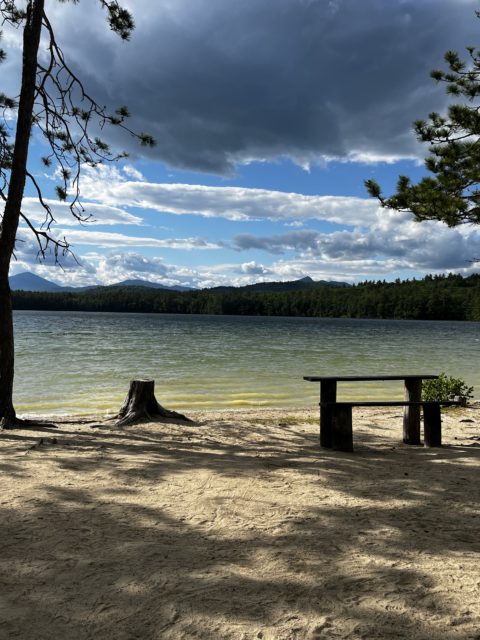
I have spoken to park employees and visitors, and there seems to be a common narrative to their stories: the parks are where we come to relax and enjoy time in nature – but there seems to be a disconnect between humans and the green world around us. If you look you may see a racoon scurrying out of a 10-yard dumpster with an Oreo package in its mouth, dog poop bags on trails, and glass on beaches. Ever since the start of COVID-19 there has been a spike in park visits on all levels. People have displayed their need to saunter in the woods or swim amongst the fish. Everyone needs a break from it all, but how can we enjoy it when the evidence of human abuse is tainting our beloved parks?
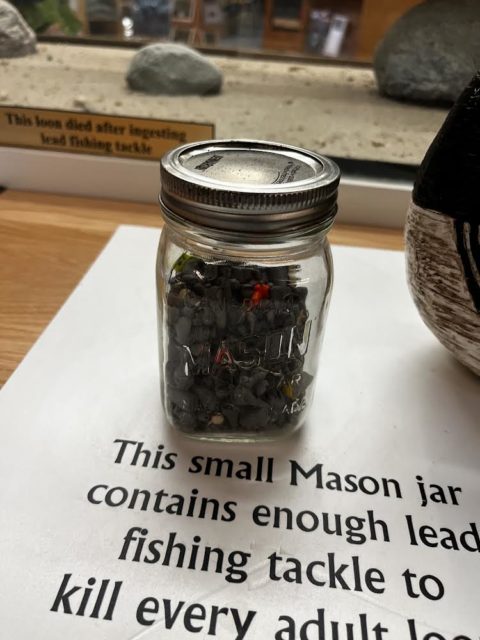
A human being hiking a mountain, is just as a part of nature as is a Spruce tree whistling in the air, a Purple Finch singing its favorite song, and a honey bee pollinating a Wisteria. We’ve had access to these natural wonders for so long that we may have forgotten that parks are homes to so much more than a pretty lake or a place to view the mountains. This is Natural. However, since the Earth always needs balance, we need to keep ourselves in check. Please remember, the parks that we love tell a story and each Earth System, which includes us, helps write that story. We don’t want to let it be a Shakespearian tragedy of how the human’s need to escape and recreate eventually leaves their second home left in ruins…We want that story to be a Greek epic of how human beings came together as one to solidify a new, but natural, balance to long life and prosperity…..
Become part of the solution by learning the 7 principles of Leave No Trace:
- 1. Plan Ahead
- 2. Travel & Camp on Durable Surfaces
- 3. Dispose of Waste Properly
- 4. Leave What You Find
- 5. Minimize Campfire Impact
- 6. Respect Wildlife
- 7. Be Considerate of Other Visitors
For more information head to, The Center for Outdoor Ethics. Every positive action, no matter how small, will aid Mother Nature in keeping these outdoor spaces as places worth visiting. Thank you for doing your part on your next outdoor adventure!
